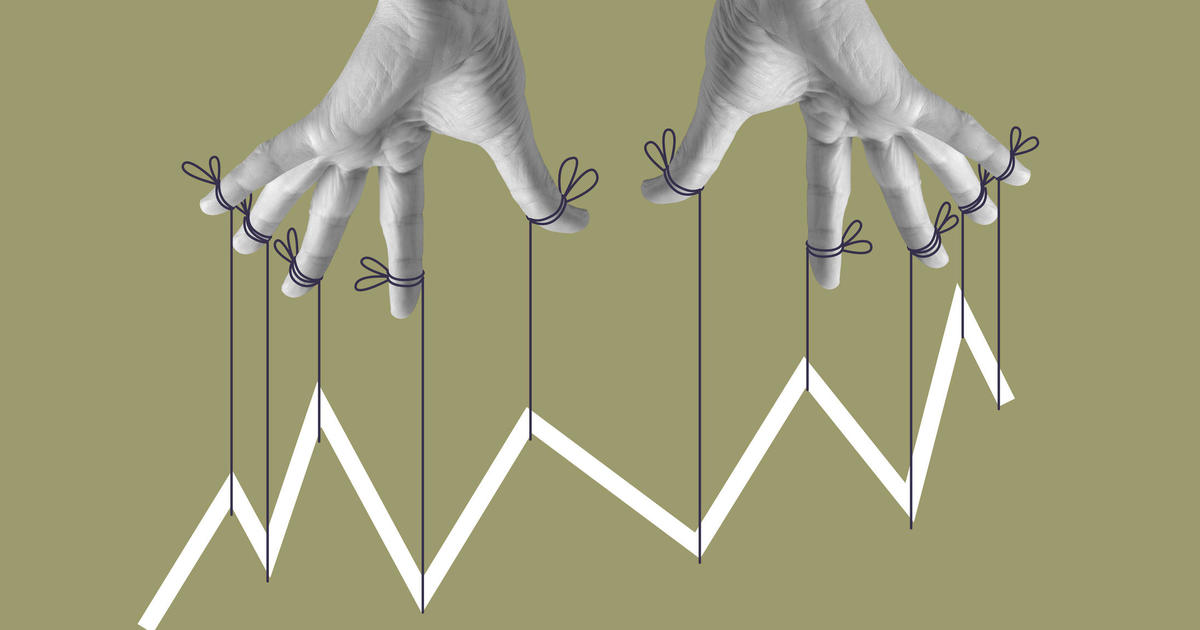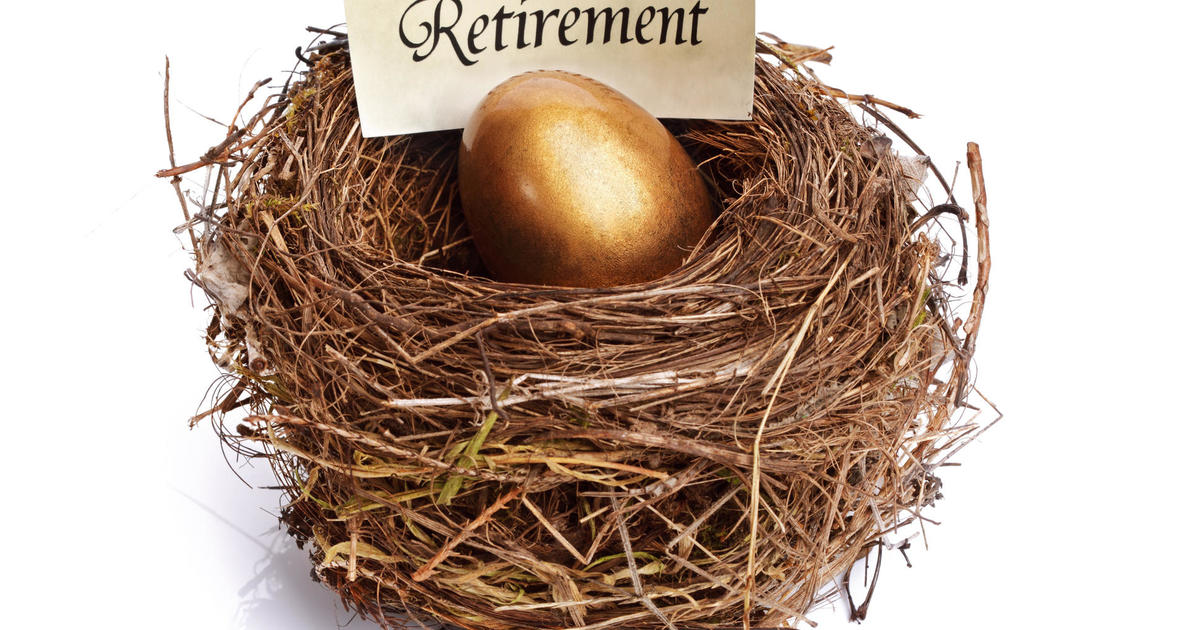Half of college grads earn less now than in 2000
Hiring is up, the unemployment rate is down and wages are growing again. Everyone should be feeling pretty good about the economy, right?
Not so fast. Some groups are still earning lower wages than they were in 2000, when the economy was at the end of the previous economic expansion. During the current recovery, wages are finally growing, yet a new analysis from the Economic Policy Institute highlights how those benefits aren’t being equally shared among all demographic groups.
Among those left behind are lower-earning college-educated workers. The bottom half of college grads earned less in 2016 than they did in 2000, which raises questions about recent conventional wisdom that a bachelor’s degree will provide handsome dividends over time.
That doesn’t mean college-educated workers of all stripes aren’t earning more than their less-educated counterparts -- they are. But the data provides a more nuanced picture of the post-recession economy and the concept of a skills-based market, where more-educated workers are pulling ahead.
“I don’t think it’s a skills story,” said Elise Gould, senior economist at EPI and author of the report. “Even if we look at people with a college degree, the bottom half have lower wages than in 2000. There is a pulling apart at the very top.”
It’s unclear whether those college grads earning less than in 2000 are in lower-paid fields or working in industries suffering from low growth or even cutbacks. Some evidence indicates that some college majors result in higher pay than others. The Hamilton Project found in a 2014 study that four science-related majors were linked with median lifetime earnings of more than $2 million, more than double that of early-childhood education grads.
Median earnings for college grads stood at $24.99 per hour in 2016, about 1.5 percent less than they earned in 2000, according to EPI. Every income group among bachelor degree holders below the median also earned less in 2016 than they did in 2000. Those in the 60th percentile and above, however, benefited from wage growth during the past 16 years.
Given the soaring cost of a college education, families and students are increasingly debating the merits of a bachelor’s degree. The good news: Higher education continues to provide a better income than only a high school education. Average hourly earnings for college grad was $31.93 in 2016, compared with $17.25 for high-school grads.
Flat-lining wages for some college grads could be tied to weaker demand for middle-skilled occupations as corporations increasingly replace them with technology, such as bookkeeping or clerical work, a December study from the Federal Reserve Bank of San Francisco suggested.
The bottom half of college grads aren’t the only workers to lose ground since 2000, EPI found. Low- and middle-income males have also suffered, while high-income men enjoyed a 30 percent wage increase since 2000, EPI found. Income inequality among males has widened to the point where the highest-earning men’s wages are now 7.1 times as large as the poorest, compared with 5.6 times as large in 2000.
The findings may also illustrate the support that President Donald Trump has received from certain demographic groups, such as white working-class men and those without college degrees. At the median, men made $19.33 per hour last year, compared with $19.44 in 2000. Wages also declined for men at the 40th percentile of income and were unchanged for those in the 20th and 30th percentile.
“People feel very economically insecure,” Gould said. “They’re just holding onto what they have. That’s scary if you’re living paycheck to paycheck, and you don’t know what you will do if you lose the job.”
Men with only high school degrees or some college education were among the economic losers during the past 16 years. Wages for those groups declined 0.1 percent and 0.2 percent on an annualized basis. Weaker unions, a federal minimum wage that remains mired at $7.25 an hour and globalization may be taking a toll on wages for less-educated workers.
This economy is proving that what’s happening to the gander isn’t also happening to the goose, however. At all educational levels, women enjoyed improvement in wages, although those with college and advanced degrees witnessed the fastest uptick in wage growth.
Women’s wages have likely risen because of a decades-long increase in women’s participation in the workforce and the improved educational attainment for girls and women, Gould noted.
The EPI study has some good news among the gloom. From 2015 to 2016, wages for the lowest-paid workers grew the most in states that had increased their minimum wages. That suggests policies to boost the baseline wage are working.
The tighter labor market also helped lift wages last year, spreading the wealth more equally between the haves and the have-nots. Last year’s wage gains finally raised some some low-income workers above their 2000 wage levels, the EPI found.
“It’s only in the last year that some of those have even got back to the 2000 level,” Gould noted. “You would like to see real wage increases throughout the business cycle” and not just for one year.
A tighter labor market should help wages keep rising, but the weak pay improvement for low- and middle-income workers during the recovery raises doubts about whether that factor is enough to help spread the wealth equally. Policy changes such as President Obama’s overtime expansion, which remains in limbo, and stronger collective bargaining power for workers could help spur stronger wage growth.
“In lieu of those interventions, we can hope to keep [inequality] at bay at best,” Gould said. “I’m not sure a tighter labor market will be enough to reverse decades of growing inequality.”



